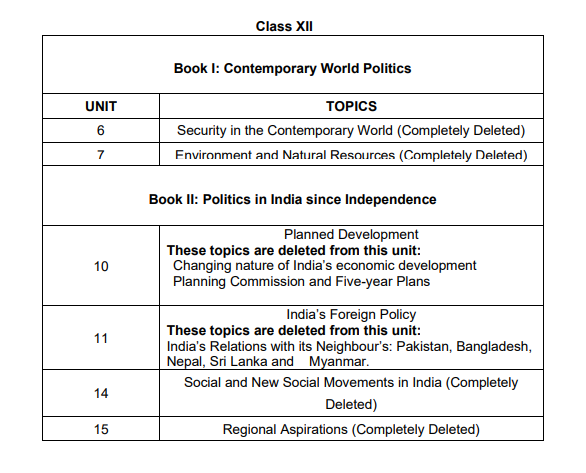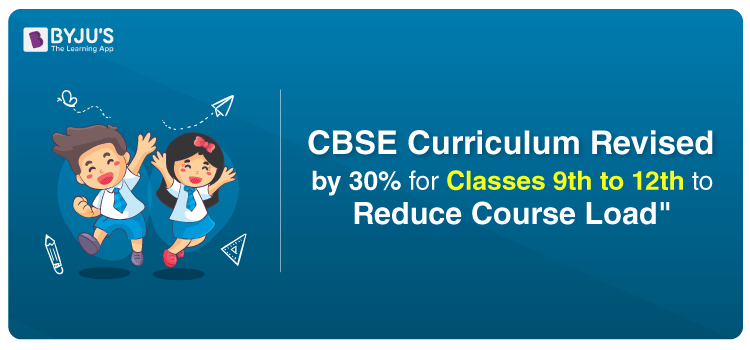Preparing for the IELTS (International English Language Testing System) can be challenging, but with proper planning and practice, you can improve your chances of achieving a high score. Here are some tips to help you with your IELTS preparation:
1. Familiarize yourself with the test format: Understand the structure and components of the IELTS exam, including the Listening, Reading, Writing, and Speaking sections. Review sample test papers to get an idea of the types of questions asked in each section.
2. Develop your English language skills: Work on improving your overall English proficiency by reading extensively, listening to English podcasts or news, and engaging in conversations in English. Pay attention to grammar, vocabulary, and pronunciation.
3. Set a study schedule: Allocate dedicated study time for each section of the test. Regular practice is crucial for success. Create a study plan that allows you to cover all sections of the exam and practice accordingly.
4. Practice sample questions: Utilize IELTS practice materials and sample papers available online or in books. This will help you become familiar with the question types and time constraints for each section. Focus on improving your speed and accuracy.
5. Develop effective reading strategies: Enhance your reading skills by practicing skimming and scanning techniques. Learn how to quickly identify key information, keywords, and synonyms. Practice reading different types of texts, such as news articles, academic papers, and opinion pieces.
6. Enhance your listening skills: Listen to a variety of English audio sources, such as podcasts, TED Talks, or radio programs. Practice listening for specific information, note-taking, and understanding main ideas. Pay attention to different accents and practice understanding them.
7. Improve your writing skills: Practice writing essays, letters, and reports within the given time limit. Focus on organizing your thoughts, developing coherent arguments, and using appropriate grammar and vocabulary. Seek feedback from a teacher or tutor to identify areas for improvement.
8. Hone your speaking skills: Practice speaking English with a language partner, tutor, or in study groups. Focus on fluency, pronunciation, and coherence. Record your practice sessions and listen to them to identify areas for improvement.
9. Time management during the exam: Learn to manage your time effectively during the test. Familiarize yourself with the allocated time for each section and practice completing tasks within the given time limits.
10. Seek feedback and guidance: Consider taking a preparation course or working with a tutor who can provide you with feedback on your performance and offer guidance on areas that need improvement.
Remember, consistent practice, dedication, and a positive attitude are key to achieving success in the IELTS exam. Good luck!






















